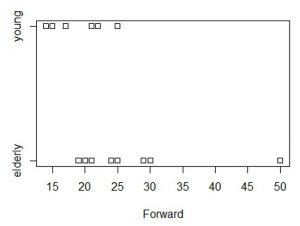For Learning To Code
I am for all digital humanities students learning the basics of coding. Computers science is where the future is headed and realizing how coding can help whatever you want to do will help you advance.
Like we talked about in class, a basic understanding is all that is necessary as digital humanists can and should collaborate with experts in the field. As Kirschenbaum describes, “Computers should not be black boxes but rather understood as engines for creating powerful and persuasive models of the world around us.” It is important to know enough to ask the right questions, to know what can be implemented, and to communicate your ideas to someone might have more or less of the technical skills.
Donahue alludes to the similarities between humanities and computer sciences and discusses how “natural language processing […] should be very legible to the student of the humanities, engaged as it is in the process of modeling language, text, and the human being.” Humanists and computer scientists are often separated into different categories when, in fact, they should all be in one category. I think that’s why most of our taking this class; because, we are interested in bridging two seemingly different fields, which at the core involve the same processes. I believe that it is important for all students to be exposed to some sort of coding because one you have the basics, it is possible to gather more information when you need it and it is easier to learn more. To exemplify this point, I included some basic code for creating a graph in R. Graphs are used for both qualitative and quantitative analysis and therefore knowing how to create a graph through code and manipulate it would be useful for digital humanities students.
Example of Code
Balance <- read.csv(“http://math.carleton.edu/Balance.csv”)
stripchart(Forward ~ Age, data = Balance)
